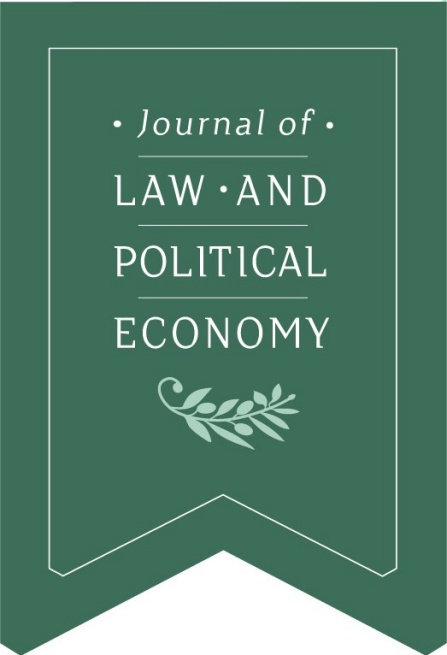
Embedding Societal Values in International Law
The existing system of international economic law is under great strain. This post offers a reading of the problem and proposes alternative directions for the future. In brief, the system has evolved from what John Ruggie called “embedded liberalism” to what David M. Trubek and I describe as “embedded neoliberalism.” The past couple of decades have witnessed something of a truce between those who designed the system and those who now are actors within it. But today this truce is largely crumbling.





